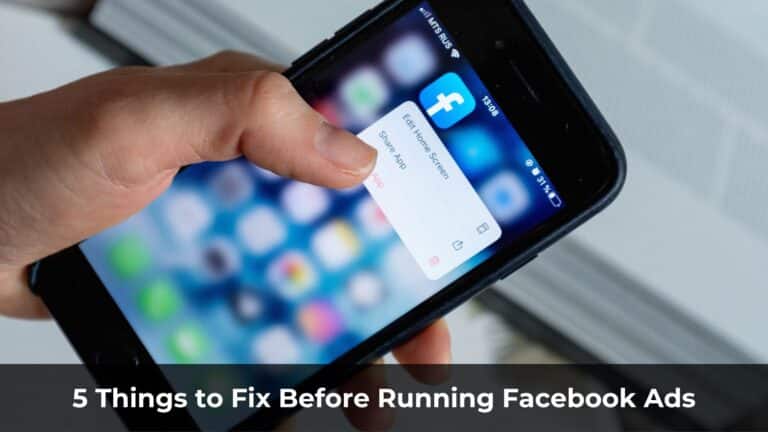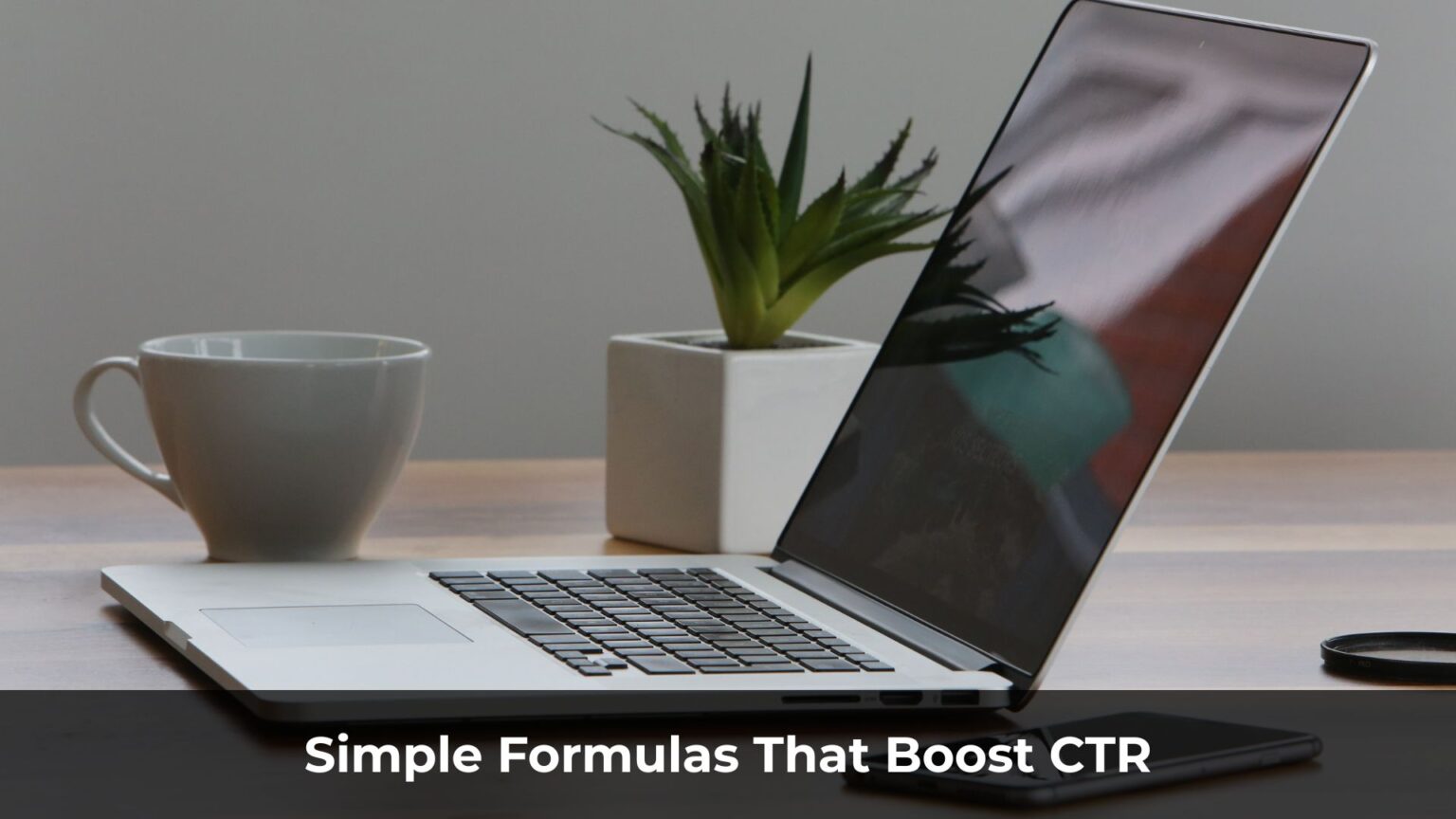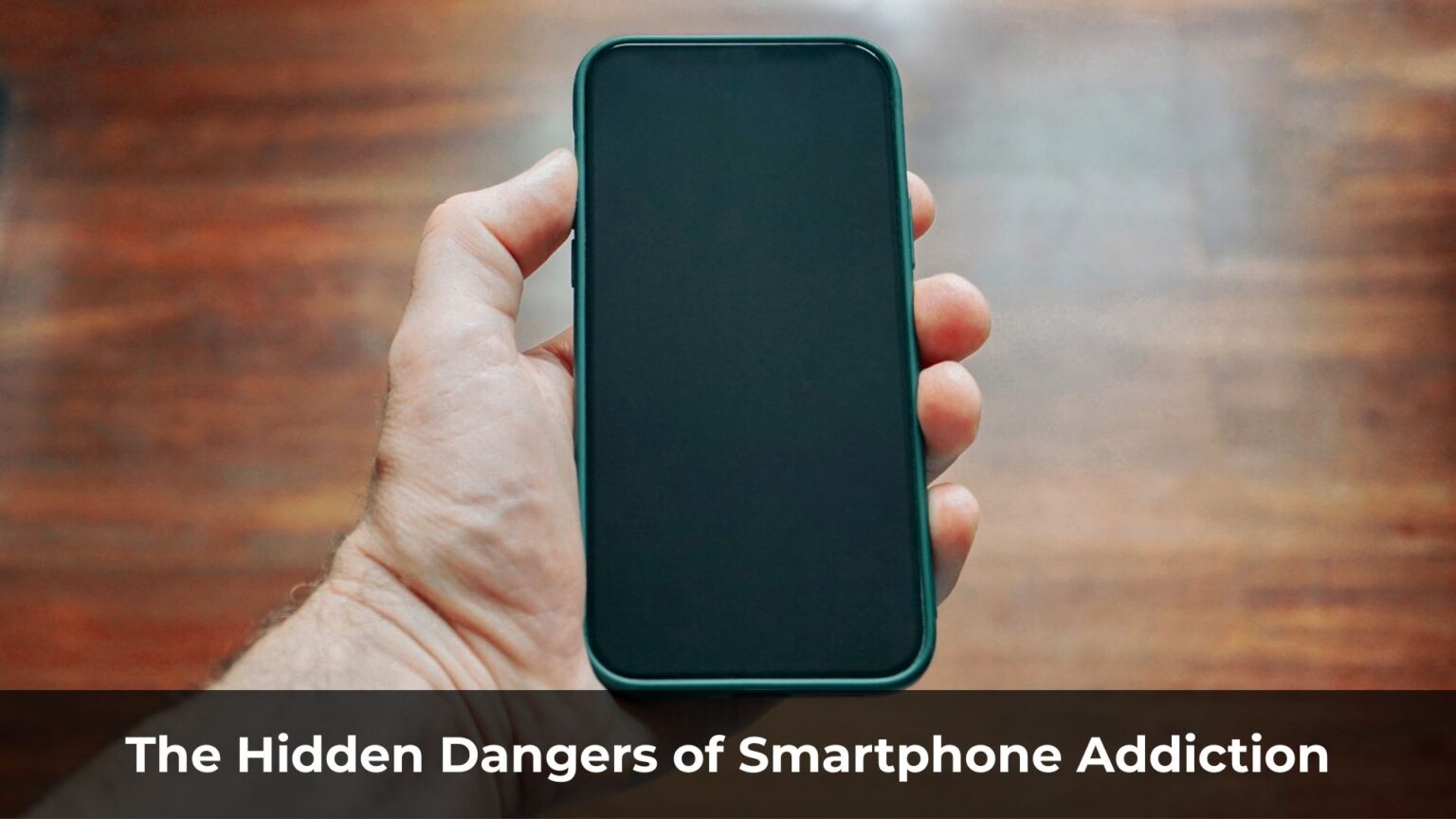Let’s face it—technology addiction is real. As someone who grew up in the digital age (aka the age of distraction), I fully understand how easy it is to fall into the trap of overusing technology.
We all start using our phones for practical reasons—navigation, communication, entertainment. But slowly, almost without realizing it, the phone begins to take over. Before we know it, we’re hooked.
Take my younger brother, for example. He’s a sophomore in college. Whenever he’s home, he shuts himself in his room, glued to his phone, completely disconnected from everything around him.
There’s really no point in lecturing him. He’s an adult now, with his own thoughts and choices. If he ever wants to break free, it’ll have to come from within.
The only thing I can do is lead by example. After I cut back on phone use myself, I became more focused, more productive, and my career started to take off.
Sometimes we sit together in silence—he knows exactly what I’m trying to say, and I know he understands. But the pull of the screen is strong, and right now, he’s not ready to break away.
In this article, I’ll share 9 effective, proven strategies to overcome phone addiction. Whether your case is mild or more serious, there’s a method that can help. Take a look and see which ones resonate with you.
Table of Contents
ToggleGradual Detox: Start with One Phone-Free Day a Week
Quitting cold turkey isn’t for everyone—and that’s totally okay. A gentler, more sustainable approach is to start small: designate one day a week as your “phone-free day.” Use it as a digital sabbatical to reconnect with yourself, your loved ones, and the real world around you.
Of course, your brain will probably resist. The urge to check notifications or scroll aimlessly may creep in. But when that happens, try telling yourself:
“It’s just one day. I owe this time to myself and to the people who matter.”
To make things easier, you can even use tools that help enforce your commitment. There are apps that allow you to schedule phone lockouts in advance, effectively removing the temptation.
Personally, I’ve used an app called “Lock My Phone”, and it worked surprisingly well. It gave me just enough structure to stick to my goal without feeling overly restricted.
Over time, you may even find yourself looking forward to these unplugged days—they can become something sacred in a noisy, hyperconnected world.
Track Your Screen Time—And Face the Truth
One of the most eye-opening steps you can take in overcoming phone addiction is simply tracking how much time you actually spend on your device. Most people assume they’re just “checking in for a few minutes,” but when they see the total hours laid out in front of them—it’s a wake-up call.
Seriously, prepare to be shocked. That “quick scroll” before bed? It might be costing you two hours of sleep. That casual Instagram check during lunch? It adds up—fast.
Luckily, there are plenty of apps designed to help you monitor and understand your phone habits. Here are a few worth trying:
- Social Fever: App Time Tracker
- My Addictiometer
- QualityTime
- SPACE – Break Phone Addiction
- AppUsage
- App Detox
- OffTime
These apps don’t just show you the raw data—they often include insights, trends, and tools to help you take control of your time. Some even offer daily reminders, app-blocking features, or motivational stats to keep you on track.
When you start seeing the numbers, change becomes not just necessary—but inevitable.
Swap Your Smartphone for a “Dumb Phone”
One of the most effective (and boldest) ways to reduce screen time is to replace your smartphone with a basic “dumb phone.” These are old-school devices that only offer core functions like calling and texting—no social media, no endless apps, no dopamine-driven notifications.
You can easily find them online. Just head to Amazon and search for “dumb phones.” You’ll find plenty of affordable, minimalist models designed for simplicity and digital detox.
Switching to a dumb phone forces you to be intentional about your phone use. No more mindless scrolling. No more wasted hours. Just the essentials.
Now, you might be wondering: What about mobile banking, e-wallets, or apps I absolutely need? That’s where desktop emulators come in. You can use Android emulation software (like BlueStacks, NoxPlayer, or LDPlayer) on your computer to run critical apps when necessary—without having constant access in your pocket.
This strategy helps create a clear boundary between productivity and distraction. Your dumb phone becomes a tool, not a trap.
Use Apps to Build Better Habits (Yes, Really!)
Ironically, while smartphones often fuel our bad habits, they can also be part of the solution—if you use the right tools. There are several well-designed apps that help you build healthier digital routines and support your journey toward phone independence.
Here are a few worth exploring:
- Forest ($1.99)
This clever little app gamifies focus. Every time you resist the urge to use your phone and stay focused on a task, you plant a virtual tree. The longer you stay focused, the more your forest grows. It’s a simple but surprisingly powerful visual reminder of your progress—and breaking your streak means your tree withers! - Flipd
Flipd helps eliminate distractions by temporarily locking down apps that tend to pull you in—social media, games, news, you name it. It’s great for deep work, study sessions, or just reclaiming your time. - ScreenTime
This app tracks your usage and lets you set daily limits for individual apps or your phone overall. Once you hit your limit, it gently nudges you to stop—or forces you to, depending on how strict you set it. - BlockerHero
This is a heavy-duty blocker for those struggling with more serious distractions, like adult content or compulsive app use. BlockerHero is customizable and hard to bypass, which makes it ideal for users who need firm boundaries.
These apps don’t just restrict—they also train. They nudge your brain toward more intentional behaviors and help you form habits that stick.
Think of them as digital allies on your journey to digital freedom.
Never Keep Your Phone by the Bed at Night
If you’re serious about cutting back on phone use and reclaiming your time, one of the simplest but most powerful habits you can adopt is this: don’t keep your phone next to your bed while you sleep.
In my experience, this one change made a huge difference. When your phone is within arm’s reach, it becomes the last thing you see at night and the first thing you touch in the morning. That sets the tone for a distracted, reactive day.
Instead, keep your phone in another room—or at the very least, far from your bed. And when you wake up, resist the urge to check it. Dedicate your morning to deep, focused work. Ideally, don’t touch your phone until noon.
Now, some of you might be thinking: “But I use my phone as an alarm clock!”
Fair point. But there are easy solutions:
- Buy a traditional alarm clock—yes, they still exist!
- Or better yet, develop a healthy sleep routine. Go to bed earlier, and your body will naturally wake up on time—sometimes even before the alarm.
Your mornings are some of your most valuable, distraction-free hours. Don’t give them away to notifications, messages, or social media. Protect that time. Start your day on your terms, not your phone’s.
Put Your Phone Somewhere Hard to Reach
Sometimes, the best way to break a bad habit is to make it just inconvenient enough to disrupt the cycle.
I once heard about someone who was deeply addicted to gaming. To regain control of his life, he did something drastic: he hauled his entire gaming setup—all the cables, monitor, and CPU—up to the attic, unplugged everything, and left it there.
Every time he felt the urge to play, he had to climb up to the attic, drag the whole thing back down, and reconnect it piece by piece. Most days, the effort just wasn’t worth it. Over time, the cravings weakened, and he finally kicked the habit.
You can apply the same idea to your phone.
Try removing the SIM card and inserting it into a dumb phone for essential calls and messages. Remove the battery (if possible). Then store your smartphone somewhere out of reach—on a high shelf, in a locked drawer, or even in another room.
The key is friction. The harder it is to access your phone, the less likely you’ll reach for it out of habit or boredom. That tiny bit of inconvenience can be the difference between staying focused and spiraling into hours of screen time.
It’s not about willpower alone—it’s about designing your environment to support better choices.
Change Your Phone Settings—Take Back Control
Sometimes, you don’t need to throw your phone away—you just need to reprogram it to work for you, not against you. One of the most effective ways to do that is by changing a few key settings:
- Turn off all unnecessary notifications
- Delete distracting or addictive apps
- Enable Airplane Mode during deep work or rest
- Use Do Not Disturb mode to protect your focus and peace
In my opinion, this should be a default setup for anyone looking to reclaim control over their attention.
Just because someone wants to text you, email you, or tag you on social media doesn’t mean they automatically deserve your time and mental energy. Constant availability is not a virtue—it’s a trap.
The more you protect your attention, the sharper your mind becomes. And a sharp mind? That’s a game-changer. It benefits every part of your life—from your career and creativity to your relationships and overall well-being.
Start by making your phone less reactive, so you can become more intentional.
Combine Every Method If You Have To
If one method alone doesn’t work for you, then don’t hesitate—use them all. Sometimes, breaking free from phone addiction takes a full-force effort. And that’s okay.
Remember: phone addiction isn’t just a bad habit—it’s a direct threat to your life’s potential. It chips away at your focus, weakens your communication skills, disrupts your sleep, strains your eyes, and slowly eats into your productivity and health.
You have to do whatever it takes to take back control of your life. Because if you don’t, platforms like Facebook, YouTube, Instagram, TikTok, and mobile games will take control for you.
And for men in particular—this is non-negotiable.
Even if you’re not chasing massive success or glory, you still have responsibilities. You need the financial strength to support your future, your family, your partner, your parents. That starts with discipline. That starts with self-control.
Don’t let your phone be stronger than your will.
Your life deserves better than endless scrolling.
What Should You Do When Children Get Addicted to Phones?
These days, it’s not uncommon to see very young children glued to screens. Many parents, whether out of indulgence or exhaustion, allow their kids to use smartphones without limits. But the consequences are serious—and long-lasting.
Early phone addiction can stunt a child’s thinking, damage their emotional development, and shape their personality in unhealthy ways. It might seem harmless at first—especially when a child is crying or throwing a tantrum and handing them a phone brings peace. But that peace is temporary. The long-term damage is not.
Think of it this way: Have you ever seen beautifully shaped bonsai trees or ornamental plants? They look that way because someone took the time—and effort—to shape them. Each branch was gently, but firmly, bent over time. The result is beauty, strength, and harmony.
Raising children is no different.
If you want your child to grow strong and balanced, you must guide them with care and firmness. Discipline isn’t cruelty—it’s love that looks ahead. You’re not parenting for today’s convenience. You’re parenting for your child’s entire life.
So what can you do?
- Don’t give them smartphones. Young children don’t need them.
- Set an example yourself. If you’re always on your phone, they will copy you.
I once watched a video where a young boy had locked himself in his room to secretly play on his phone. His mother—possibly Chinese—broke down the door with a large wooden stick and stormed in. The boy panicked and gave the phone back immediately. I remember feeling deep respect for that mother’s determination.
But let me be clear: I’m not encouraging you to break doors or use force.
In that video, the addiction had already taken root. That reaction came too late. The real lesson is this: you need to act before the problem begins.
The real solution lies in creating a safe, intentional environment for your child to grow up in. One where they don’t need constant stimulation from screens. One where they feel connected to you, to nature, to meaningful play.
That begins even before you have children. Plan ahead. Build the kind of life and home that will nurture them. Be the role model they need.
Because in the end, children don’t just listen to what we say.
They imitate how we live.
Tried Everything But Still Stuck? You’re Not Alone.
If you’ve tried every method and nothing seems to work—trust me, I understand.
You’re not alone in this.
I used to be severely addicted to my phone. Addicted to Facebook. Addicted to YouTube. Addicted to mobile games. Addicted to adult content.
It was ugly. I felt like I had hit rock bottom—like I was wasting my life, drowning in a digital void while the real world moved on without me.
Every time I got into a new game, I wanted my character to be the strongest. So I poured money into it. A lot of money. Enough to feed my whole family for an entire year.
And for what?
All of it—my time, my money, my energy—was wasted. I was wasting my own life. And I deeply, painfully regret it.
I tried everything. I used the strongest phone-locking apps out there. I blocked websites, disabled app stores, made it impossible to download games.
But no matter how many digital barriers I set, whenever the craving hit—I always found a way around them.
At one point, I figured out how to overload my phone’s RAM just enough to slow down the locking app… so I could delete it before it kicked in. And within minutes, I was back in the game again.
Back to square one.
Then one night, in the silence, I looked back at the last five years of my life.
Five years gone.
Wasted youth.
No career progress.
No contribution to my family.
Just regret.
And that night, I snapped. I stood at the top of the stairs and threw my phone down as hard as I could. CRASH.
That was the second phone I had smashed out of frustration.
It was also the last.
That—destruction—was my final method.
Extreme, yes. But it saved me.
So if you’re heavily addicted and truly desperate to reclaim your life, you may need to do something drastic.
Something final.
It’s not for everyone. But it worked for me.
However… if you’re deeply addicted but you don’t even want to change, then I have nothing more to offer.
Because real transformation begins with your own will.
No one else can fight that battle for you.
Final Thoughts: Take Back Control of Your Life
In this article, I’ve shared with you the most powerful and practical methods I know to break free from phone addiction. These aren’t just theories—they’re lessons forged from real struggle, and real transformation.
I truly hope you’ll find something here that resonates. And more importantly, I hope you’ll take action.
Because health, fulfillment, purpose, career, and love—these are not reserved for the lucky.
They are reserved for the brave.
For those who are willing to do the hard thing.
For those who are strong enough to say, “No more,” and take back control of their time, their mind, and their future.
When I was in my early twenties, while many of my peers were still just graduating or drifting, I had already built a stable business and begun a meaningful career. Not because I was a genius. Not because I had money or connections.
But because I dared to be ruthless—not with others, but with myself.
I chose to break free from distractions.
I chose discipline over indulgence.
And those choices changed my life.
Thank you for reading this far.
Whatever stage you’re at in your journey—whether you’re just beginning, or you’ve stumbled a few times already—I want you to know this:
You’re not behind. You’re not broken.
You just need to begin—right now.
I wish you strength in your struggles, clarity in your purpose, success in your career, and joy in your life.
You’ve got this.













